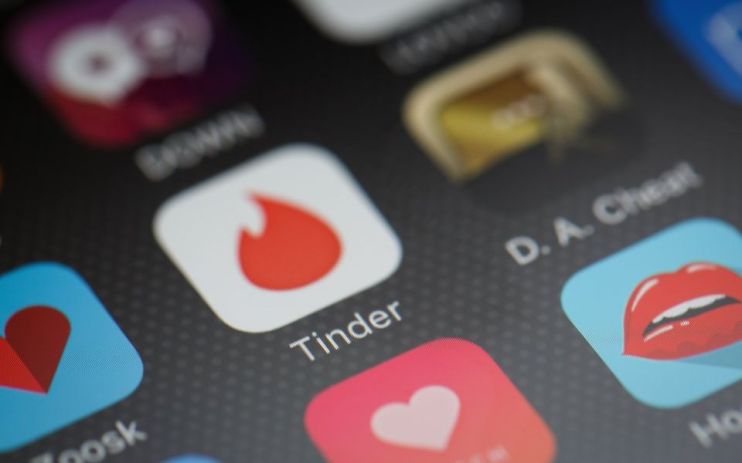Growing fears over doxing, revenge porn and slut shaming as nudes-sharing and dating apps soar

Over the past 18 months, barriers to new relationships have pushed connections further online, and the quest for intimacy has gone digital.
During three strict lockdowns, doxing, revenge porn and slut shaming have shut up as more and more people shared intimidate images online or signed up to an online dating platform.
In fact, one in four UK internet users have shared nude or explicit material with people they have never even met.
Moreover, a third of Brits have shared nude or explicit material with people they are dating or chatting to online, according to new research from Kaspersky, shared with City A.M. this afternoon.
This practice has understandably increased due to the pandemic, paving the way to the rising threat of doxing – the public exposure of personal data including intimate videos or images for malicious purposes.
The public sharing of personal data can have serious implications such as paranoia and depression for victims, and can also lead to stalking and online abuse.
‘Oversharing’ on dating apps, social media and across messaging services can increase your risk of being doxed, and threats can quickly move from the online world to the physical one.
To understand the level of explicit material sharing, Kaspersky surveyed 2,000 UK consumers, and their responses raised some eyebrows.
While a third of respondents across age groups admit to sharing explicit material of themselves with people they are dating or chatting to, Gen Zers are more likely to share nude/explicit material of themselves, with half (50 per cent) having done so.
As a ‘tech-savvy’ generation, Gen Z may be too comfortable in the digital world to understand how quickly online actions can have real-world consequences.
In comparison, only 5 per cent of Baby Boomers have received explicit material from people they’re dating or chatting to; interestingly, it is more common among the Silent Generation (born before 1946), 11 per cent of whom have received explicit material.
Lockdown impact
The various lockdowns have had a significant impact on sharing habits. Nearly a fifth (19 per cent) of people have shared more nude or explicit material of themselves with people they are dating or chatting to since the pandemic started.
A further 24 per cent of people have received more nude or explicit material of people they are dating or chatting to since the pandemic started.
This propensity to easily send explicit material means that images, videos and text conversations can often be saved and shared with anyone at all times, putting the material at risk should devices be hacked, whilst having detrimental consequences to the victim’s social and professional life.
Around 22 per cent of Brits have nude/explicit material of someone else saved on their device, and 22 per cent have nude/explicit material of themselves saved. Gen Z are particularly at risk, as more than a third (34 per cent) have nude/explicit material of themselves saved.
Dating apps
In addition to more socialising taking place online, the ever-popular use of dating apps is also leading people to ‘overshare’ with someone they may not know well. Kaspersky’s recent research on dating apps revealed that 1 in 6 admit to have been doxed having shared personal information on an app.
Moreover, 11 per cent were doxed while dating online, but they were unfamiliar with the notion of ‘doxing’, and therefore did not realise it was happening.
“This data paints an alarming picture of significant sensitive material that can be used to manipulate or coerce victims in areas that go beyond the virtual world,” commented David Emm, principal security researcher at Kaspersky.
“We all live such connected lives, and the huge numbers of devices in circulation means that sensitive material about us is growing and potentially available to cybercriminals. Unfortunately, due to the threat of hackers and doxing, images that you may think you are sharing privately could go further, and fast,” he said.
Gina Martin, campaigner and author, added that “image-based sexual abuse – or revenge porn, as it’s commonly known as – is a serious threat to women and marginalised genders online. It’s a new way to execute an old problem – the control of women, often through consensual sexualisation of their bodies.”
Martin stressed “this is never your fault, and you should be able to exist online as you want; just add some preventative and protective steps so you can live your digital life to the fullest.”